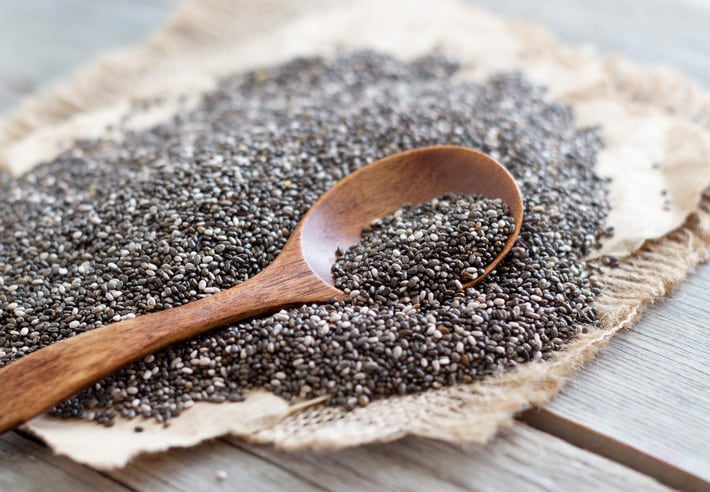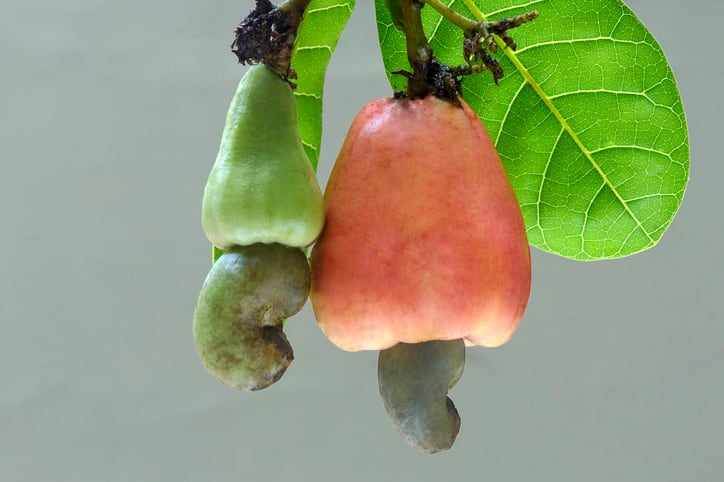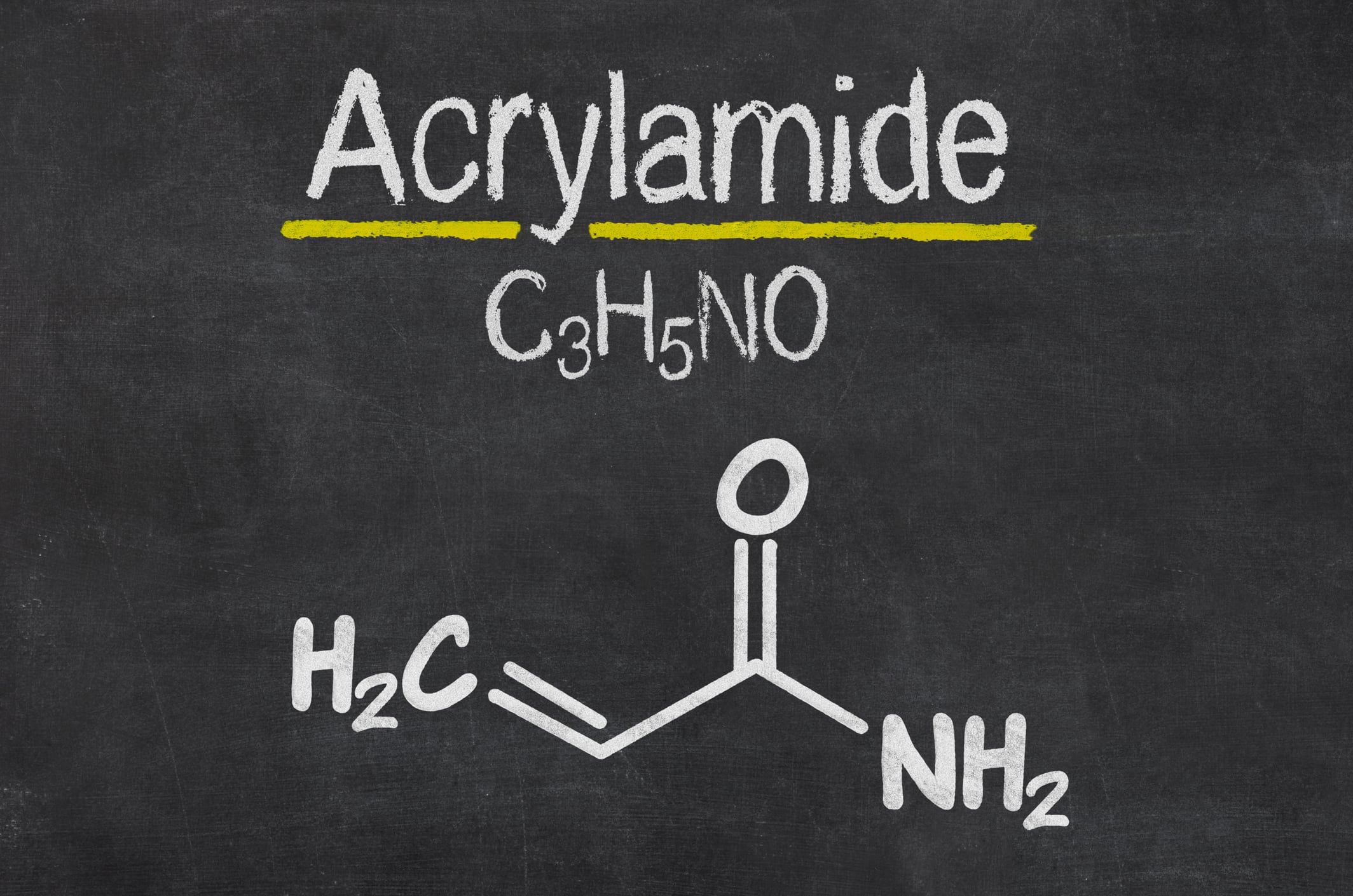Chia seeds have already been identified as useful ingredients for meat products because they can be used to make emulsion gels that replace animal fat. However, according to researchers from Miguel Hernández University in Spain, the uses extend beyond this.
They say their study is the first to evaluate the effects of chia seeds and chia co-products (the fiber and hulls leftover from cold-pressed oil extraction) in processed meat products.
Their findings are important for meat manufacturers, keen to clean up the ingredient list of processed meat products, they write.
“The meat industry wishes to change the perception of meat products as being unhealthy by developing nutritionally improved meat products through, among other means, reformulating them.
“Such products can be reformulated by reducing the content of compounds perceived by some consumers to be unhealthy - fats, cholesterol, sodium chloride, and nitrites - as well as by increasing the content of compounds considered to be beneficial for human health," they write in the peer-reviewed journal Meat Science.
In 2015, the World Health Organization’s cancer research institute, IARC, added processed meat products, such as Frankfurter sausages, to their list of cancer-causing agents.
More fiber, healthier fats and lower nitrite levels

The scientists prepared a typical frankfurter formulation using lean pork meat and fat, water, potato starch, sodium chloride, sodium tripolyphosphate, sodium nitrite, casein, liquid smoke and spices. They then added 3% chia seeds to one batch, 3% chia flour to another, 3% chia co-product to a third and kept one batch as a control.
They found that adding chia seeds in any form increased the fiber content while there was a significant increase in the fat content with whole chia seeds and chia flour. This could improve the fatty acid profile of the frankfurters, the scientists noted.
The chia seed ingredients also showed greater resistance to oxidation and lower residual nitrite levels.
All three of the chia seed frankfurters saw reductions that reached around 90% - something that may be due to the polyphenolic compounds present in chia products, according to the study authors – compared to 65% for the control.
'Desirable from a food safety point of view'
The findings do not mean that manufacturers could use lower amounts of nitrates as nitrates (or alternative additives with the same function) are needed to inhibit the growth of Clostridium botulinum, lead researcher and study author Juana Fernandez Lopez told FoodNavigator-LATAM.
However, it is still positive for food manufacturers. “The presence of chia reduces the level of residual nitrite in the sausages during its preservation, and so, the risk of these nitrites reacting with amines forming potentially carcinogenic nitrosamines is lower," she said.
“[Reducing residual nitrates] has no negative effect on the technological and microbiological quality of the sausage and is desirable [from] the point of view of food safety because it reduces the risk of forming the potentially carcinogenic products."
As part of the study, 30 individuals aged between 18 and 55 tried the frankfurters and rated them for color, taste, aroma, texture and general acceptability. Although they detected some sensory differences in the reformulated sausages, all of these were deemed acceptable.
Source: Meat Science
Available online ahead of print, doi.org/10.1016/j.meatsci.2019.05.028
“Chia (Salvia hispanica L.) products as ingredients for reformulating frankfurters: Effects on quality properties and shelf-life”
Authors: Juana Fernández-López, Raquel Lucas-González et al.



